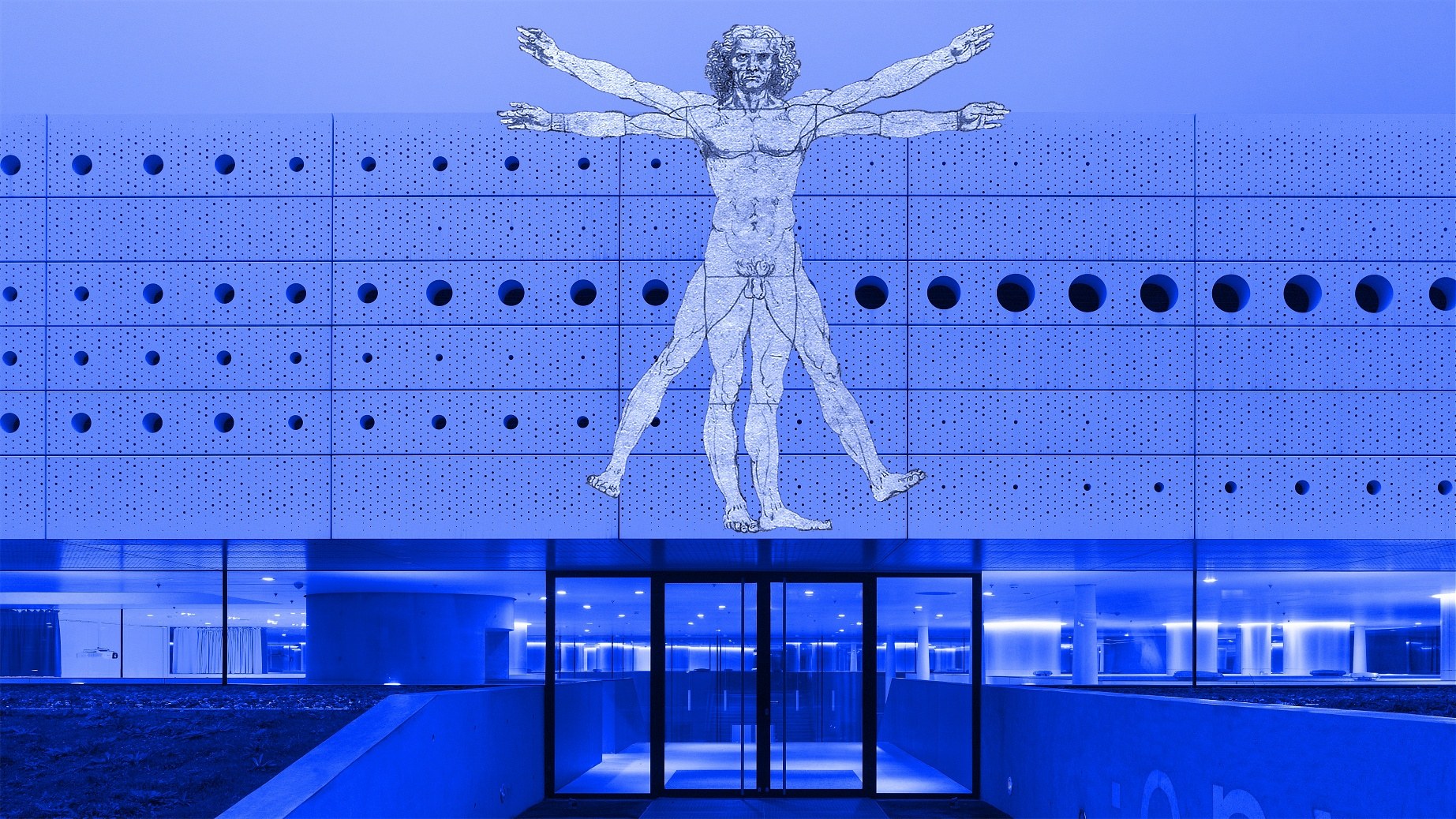9th Human Physiology Workshop 2024
The aim of the Human Physiology Workshop (HPW) is to support a research network that can train and educate scientists in the field of human physiology.

The Human Physiology Workshop (HPW) is targeted to young investigators with the aim to provide a forum where they can present and discuss ‘fresh’ topics and data. HPW meetings are meant to stimulate discussion, and to provide the opportunity to learn more about the different organ systems of human body, and how they interact with each other. The ultimate objective is to support a research network that can train and educate researchers in the field of human physiology.
Relevant topics include but are not limited to:
Humans have evolved as a physically active species in the gravitational field of the Earth. As a consequence, our bodies require a relatively high amount of physical activity and mechanical loading, and these stimuli are essential for health. Humans have also demonstrated that they can adapt to a wide range of climates and habitats, ranging from polar conditions to the tropical zones, from sub-aquatic to high altitude environments and even to space. These adaptive responses generally affect the human body as an integrated system, and specific diseases, where a certain adaptive mechanism is disrupted can be provide a deepened insight into the systems physiology and systems biology of the human body.
Here you can download the program and the conference proceedings for the 9th Human Physiology Workshop on December 6, 2024.
Jörn Rittweger, Claudia Kaiser-Stolz, Alexandra Noll, Willi Pustowalow, Friederike Wütscher
(German Aerospace Center (DLR), Institute of Aerospace Medicine, Cologne)
Katrin Stang, Michaela Girgenrath, Christian Rogon
(German Space Agency at DLR, Bonn)
Markus Braun, German Aerospace Center (DLR), Space Agency, Research and Exploration/Life Sciences, Bonn, Germany
Tadeij Debevec, Josef Stefan Institute, Department of Automatics, Biocybernetics and Robotics, Ljublijana, Slovenia
Peter zu Eulenburg, LMU Munich, Department of Radiology, Munich, Germany
Joachim Fandrey, University of Duisburg-Essen, Institute of Physiology, Essen, Germany
Irene di Giulio, King's College London, Centre for Human & Applied Physiological Sciences, London, Great Britain
Nandu Goswami, Medical University of Graz, Institute of Physiology, Graz, Austria
Markus Gruber, University of Constance, Department of Sports Science, Constance, Germany
Jens Jordan, DLR, Institute of Aerospace Medicine, Cologne, Germany
Tobias Kammerer, University Hospital Cologne, Cologne, Germany
Justin Lawley, University of Innsbruck, Department of Sport Medicine, Austria
Marta Murgia, University of Padova, Department of Biomedical Sciences, Italy; Max Planck Institute of Biochemistry (MPIB), Munich-Martinsried, Germany
Anja Niehoff, German Sport University, Institute of Biomechanics and Orthopaedics, Cologne, Germany
Barbara Pospieszna, Poznan University of Physical Education, Poznan, Polen
Jörn Rittweger, DLR, Institute of Aerospace Medicine, Cologne, Germany
Stefan Sammito, Otto von Guericke University Magdeburg, University Hospital Magdeburg, Deutschland
Alexander Stahn, Charité, Institute of Physiology, Berlin, Germany
Tobias Weber, ESA, Space Medicine Team, Cologne, Germany
Rob Wüst, Vrije Universiteit Amsterdam, Faculty of Behavioural and Movement Sciences, Amsterdam, the Netherlands
